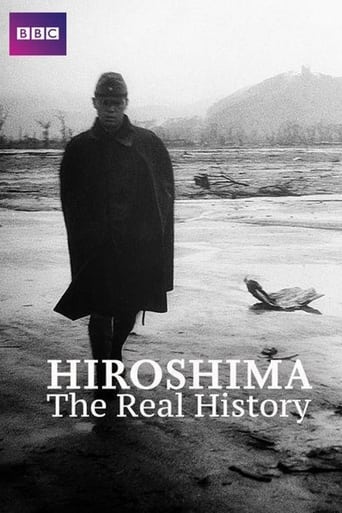
06 Jun 2015

Hiroshima: The Aftermath
Brand new documentary marking the 70th anniversary of the Hiroshima and Nagasaki bombings which ended WWII and began the nuclear age. Features interviews with survivors from both sides.
The poignant and thought-provoking evidence of the secret war tactics reveals the human value during times of war in conflicts.
The unique testimony of a physician who, thanks to a series of coincidences, survived the dropping of the atomic bomb on Hiroshima, brings to life the horror of such an act of mass destruction, even after more than 70 years. The mechanics of the forces that could no longer be stopped once they were set in motion are revealed in a cinematic essay that deconstructs petrified historical interpretation.

06 Jun 2015

Brand new documentary marking the 70th anniversary of the Hiroshima and Nagasaki bombings which ended WWII and began the nuclear age. Features interviews with survivors from both sides.
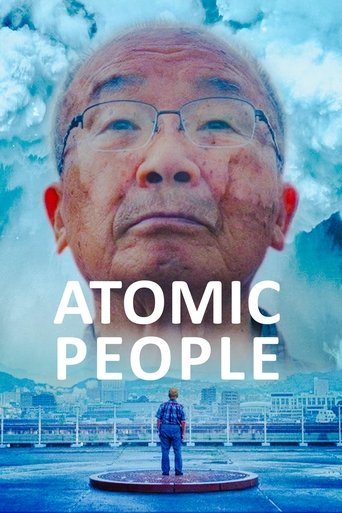
13 Jun 2024

Combining personal accounts with archive footage, this film features the voices of some of the only people left on earth to have survived a nuclear bomb.
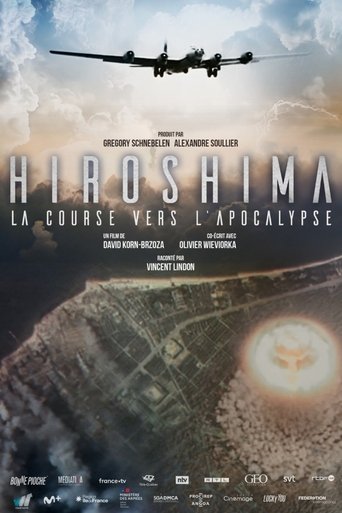
02 Aug 2025

No overview found
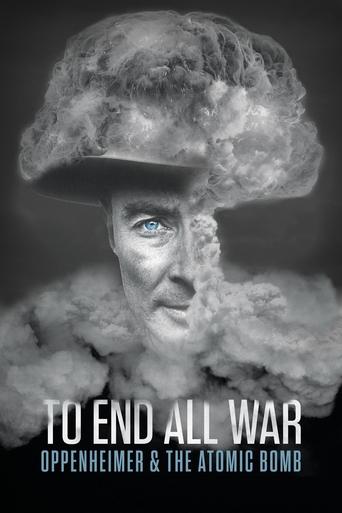
09 Jul 2023

Explore how one man's relentless drive and invention of the atomic bomb changed the nature of war forever, led to the deaths of hundreds of thousands of people and unleashed mass hysteria.

23 Jan 2017

Beginning with Guernica and the Chinese cities of Chongqing and Shanghai in 1937 and ending with the bombing of Hiroshima and Nagasaki in August 1945, World War Two saw a new art of warfare in the form of extensive, worldwide bombing campaigns.
A personal documentary that tracks the construction of America's collective memory (or lack of one) of the bombings of Hiroshima and Nagasaki. It follows the obscure histories of specific photos and photographers, both Japanese and American, who visited Nagasaki and Hiroshima in the aftermath of the bombings, counterposing this visual legacy with the stories of survivors, whose practice of speaking to small groups of students offers a modest but powerful counter-history to the official record.
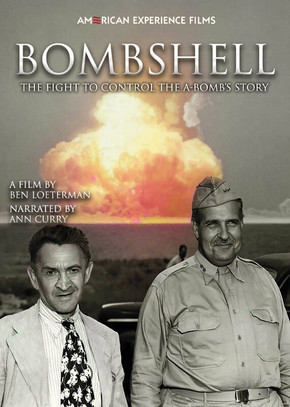
06 Jan 2026

Eighty years after the devastating atomic bombings that ushered in the nuclear age, Bombshell explores how the U.S. government manipulated the narrative about the atomic bombings of the Japanese cities Hiroshima and Nagasaki. Through propaganda, censorship and the co-opting of the press, the government presented a benevolent picture of atomic power, minimizing the horrific human toll. Bombshell sheds light on the efforts of a group of intrepid reporters to let the world know the truth.
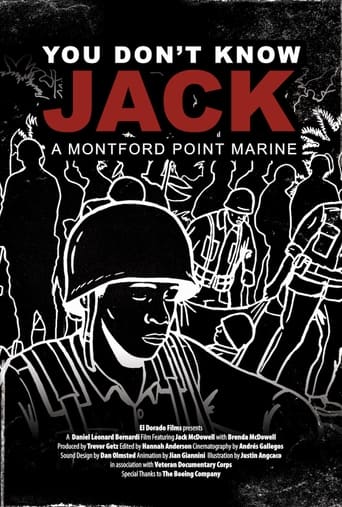

In this compelling short film, we follow the life of a Montford Point Marine as he reflects on his experiences and the challenges he faced as an African American in the Marine Corps. Set against the backdrop of racial segregation and the horrors of war, the film delves into the Marine's journey from the initial days of training to witnessing the devastating aftermath of the bombings in Hiroshima and Nagasaki. From Korea to Vietnam, the Marine's resilience and dedication shine through as he recounts his harrowing encounters with death and his unwavering commitment to his fellow soldiers. Through his story, the film sheds light on the often-overlooked contributions of African Americans in the Marine Corps and serves as a reminder of the sacrifices made by these unsung heroes. Ultimately, it becomes a powerful testament to the Marine's determination to share his experiences, educate others, and preserve the legacy of African Americans in the military.
The true story of a Japanese man during World War II who survived the atomic blast at Hiroshima, got on a train to Nagasaki, and then survived the nuclear explosion in that city.
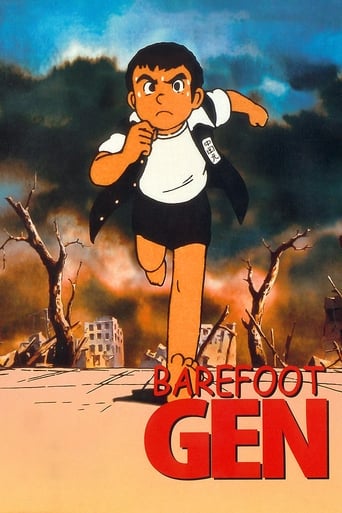
21 Jul 1983

A story about the effect of the atomic bombing of Hiroshima on a boy's life and the lives of the Japanese people.
01 Jan 1985
An approximation to the atomic bombing of Hiroshima by experimental animation artist José Castillo.


Under the charred veil of Hiroshima, Nagasaki and Chernobyl, survivors bear treachery's shroud, hunting redemption through a generational silence that shrieks with ghosts of the forgotten.
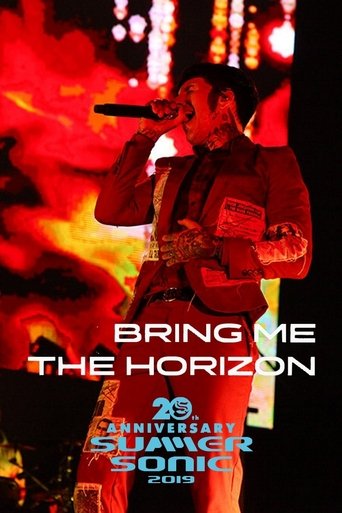
05 Apr 2020

No overview found
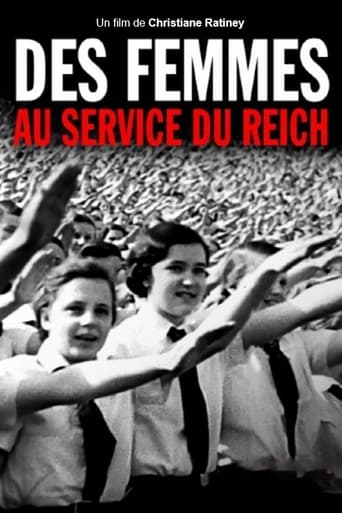
24 Jan 2023

German women may be perceived as passive witnesses to the horrific crimes committed by the Nazi regime, but many were active participants that were as brutal and merciless as their better-known, male counterparts. Over the past 15 years, a new generation of international historians has been digging into the truth of how deeply the Third Reich’s women were involved in the atrocities. Combining their fresh analyses with striking archival footage, this film reveals previously unknown stories about the women who refused to live in the shadow of Nazi men.

25 Jan 2023

Becoming Tom Thomson is about an actor researching a character for an upcoming feature film that is inspired by Canadian wilderness painter Tom Thomson who died mysteriously in Algonquin Park in 1917. From learning to paint, canoe and fish to camping and fending off bears the host takes the audience on a journey back in time, scouting some of the locations that inspired the Canadian icon while also gaining first hand experience about what might have taken the young artist's life. The film won the Outstanding Northern Ontario Short Film Award at Sudbury Cinefest.
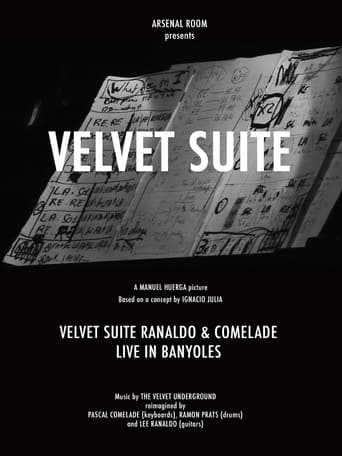
28 Jan 2023

Lee Renaldo, Pascal Comelade and Ramon Prats perform a legacy-inspired suite on the Velvet Undergroud. Manuel Huerga captured the dress rehearsal and the concert with a single camera, and turned what was shot into an immersive experience.
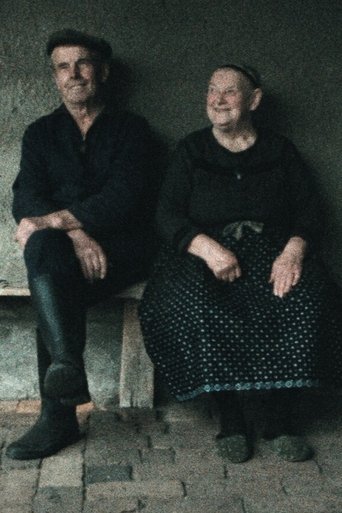
01 Jan 1983

The everyday work and life perspectives of a family of farmers from Brandenburg.
01 Jan 1978
It follows Chilean writer Antonio Skármeta as he celebrates the end of the autocrats. Cheerful farewell rituals accompany others facing political persecution on their way to fly home.
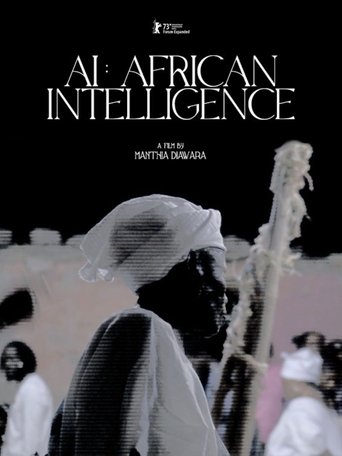
18 Feb 2023

AI: African Intelligence explores the contact zones between African rituals of possession within traditional fishing villages of the Atlantic coast of Senegal and the emergence of new technological frontiers known as Artificial Intelligence. Considering the confluence of tradition and modernity, Diawara questions how we could move from disembodied machines towards a more humane and spiritual control of algorithms. Could Africa be the context of emergence for such improbable algorithms?
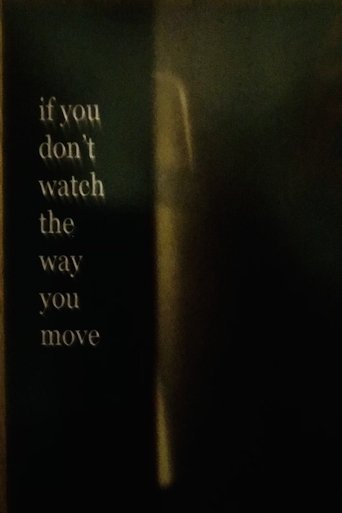
20 Feb 2023

If You Don't Watch the Way You Move features Derek "Dripp" Whitfield Jr. and Taymond "choSkii" Hughes of the music group BmE composing and recording their latest composition, "Shiesty", in the Columbus, Mississippi studio of Jermaine "Country Blakk" Brown only to be interrupted by a John Cage score.